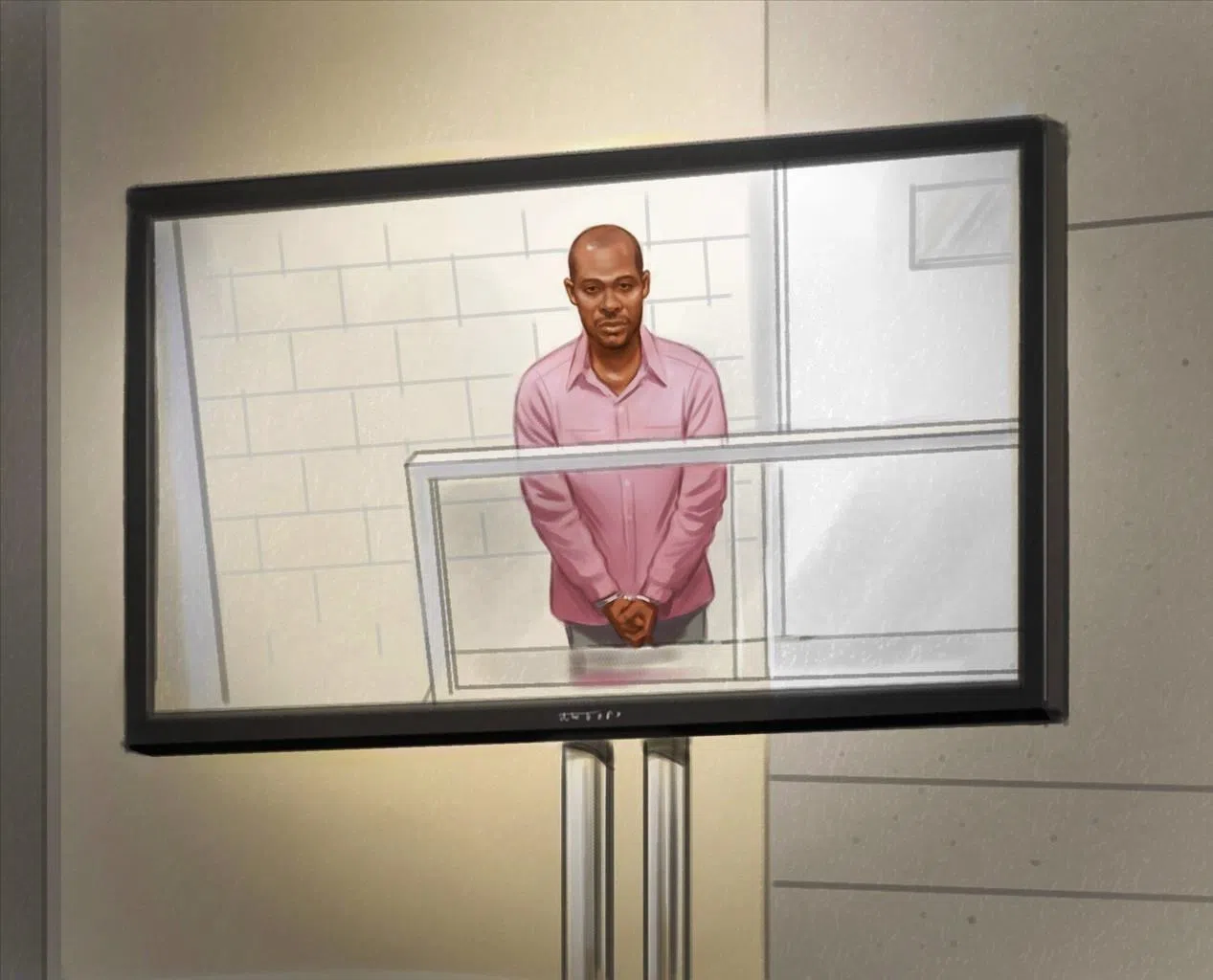
Closing arguments end, judge reserves decision in Lindhout hostage-taking trial
OTTAWA — The fate of a Somalian man charged with holding Amanda Lindhout hostage is now in the hands of an Ontario Superior Court judge.
Justice Robert Smith reserved judgment Thursday after closing arguments in the 10-day trial of Ali Omar Ader, and is not expected to rule for several months.
Lindhout was a freelance journalist from Red Deer, Alta., when she and Australian photographer Nigel Brennan were seized by armed men near Mogadishu in August 2008, the beginning of 15 months in captivity. They were released upon payment of a ransom.
But the saga then entered a new phase: a complex, multi-year police investigation involving a scheme to elicit a confession from Ader, the man suspected of making ransom-demand calls.
